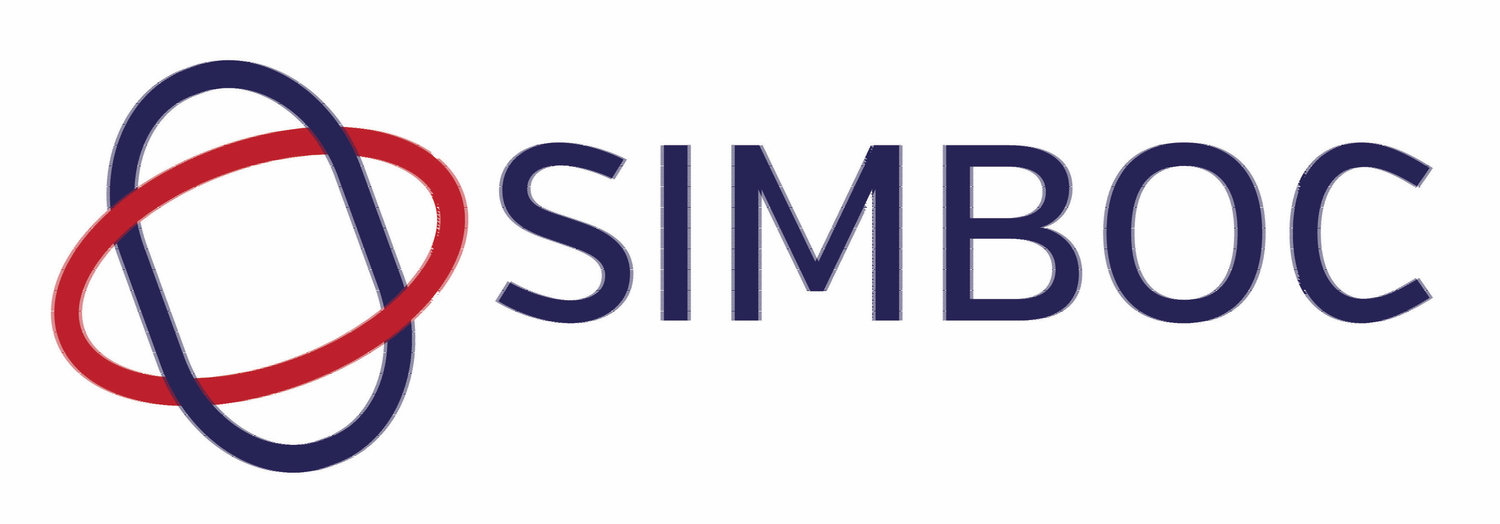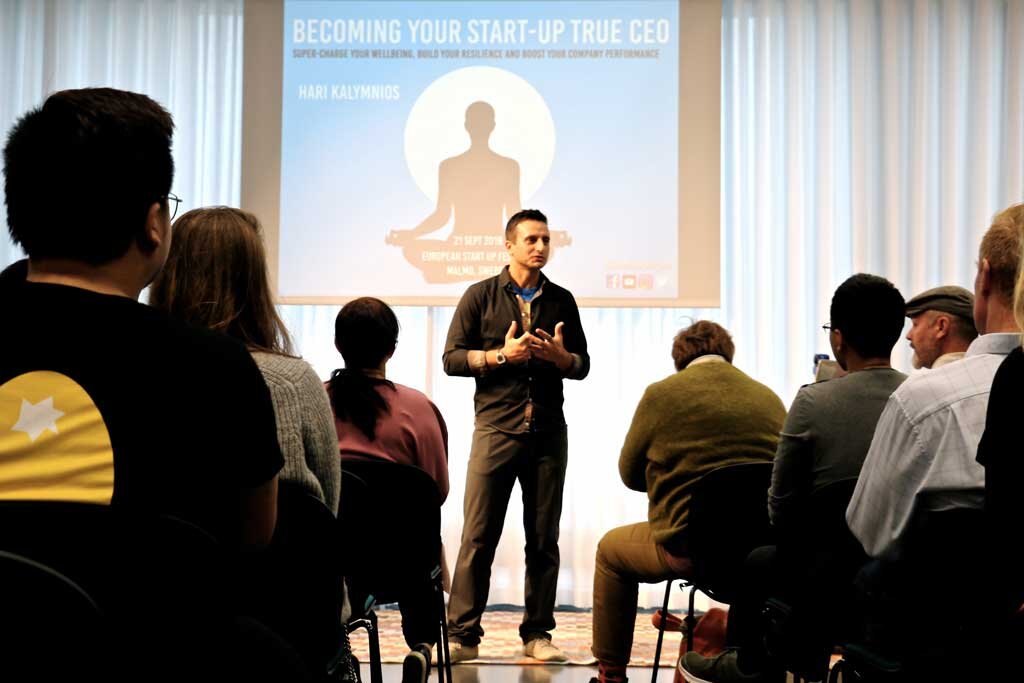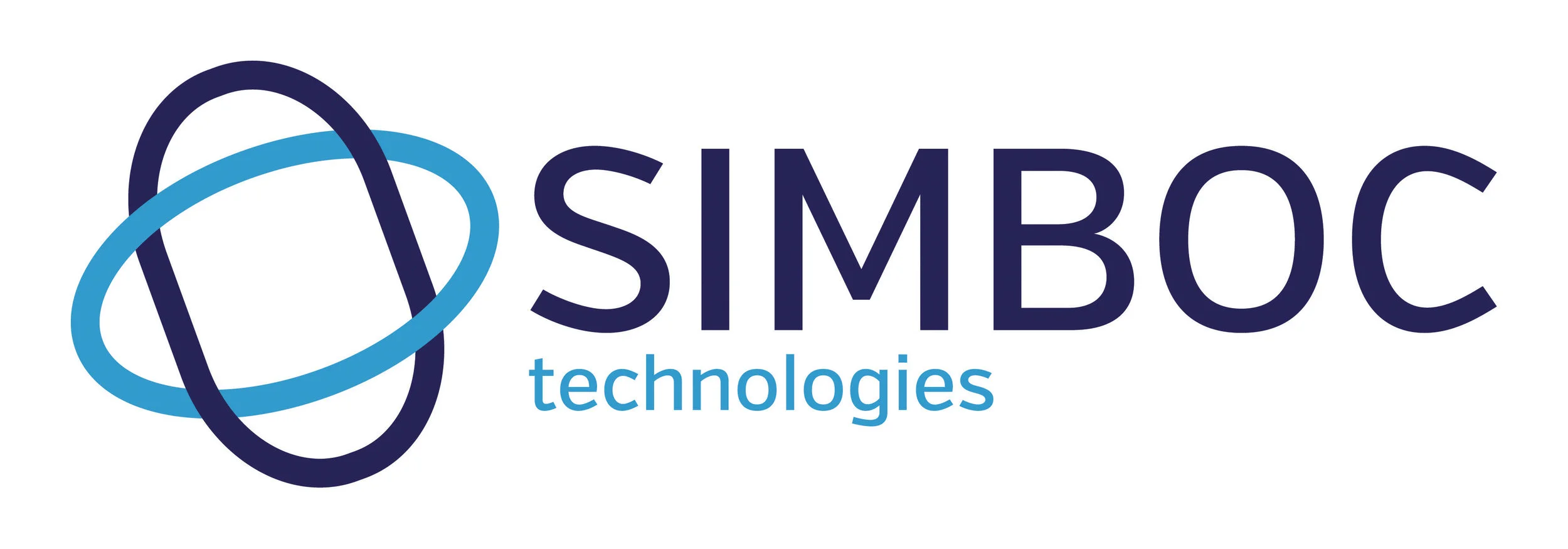What Exactly is an "Entrepreneur" And How Do You Become One Today?
My dad’s an entrepreneur.
In 1990, he opened his own auto shop.
He took a risk, went through the motions of uncertainty and stress, worked a second job to support both his family and his business, grew his customer base, hired other mechanics, sold services (auto repair) as well as products (auto parts), and was ultimately accountable for his own success.
Ask him what he does for a living, however, and he won’t tell you he’s an entrepreneur. He’ll say he "fixes cars".
Ask him about being his own boss and he’ll say, “When you have your own business, you’re not the boss. You’re an employee.”
But in my eyes he is most definitely an entrepreneur, at least according to the definition you get from a quick Google search:
An entrepreneur is a person who organizes and operates a business or businesses, taking on greater than normal financial risks in order to do so.
Like my dad, many small business owners don’t embrace their identity as “entrepreneurs”. On the other hand, you probably know someone who wears the title with pride.
I’ve heard some people exclude those who own side businesses as “real entrepreneurs”. I’ve also heard others talk broadly about entrepreneurs as anyone who starts a new business in any capacity. And let’s not forget the “entrepreneurial tendencies” people can have without owning a business, that many companies today look for in the people they hire.
But is an independent freelancer an entrepreneur? What about a full-time Uber driver? Someone who runs a stall at a fish market? Where do we draw the line, if there is one to draw?
This wide range of interpretations, coupled with all the new ways for people to make money on their own terms, begs the question: What exactly is an “entrepreneur” today?
What is an “Entrepreneur” Really?
According to Census Bureau data, from 1978 to 2012 there’s been a more than 44% decrease in new firms being created as a share of total businesses in the United States—the home of the American Dream—a trend that has been interpreted as the decline of entrepreneurship.
Despite that, our overall interest in the "entrepreneur” is still alive and healthy around the world, according to Google Trends.
In fact, a Global Entrepreneurship Monitor report in 2015 revealed that 66% of adults surveyed worldwide see entrepreneurship as a good career choice—over half who are working-age feel they have the ability to start a business.
This is likely due to our evolving interpretation of what an entrepreneur is, one that’s born from new variations and forms of “entrepreneurship”, from the sidepreneur to the infopreneur—emphasizing, above all, the self-starter attitude toward creating value that in turn creates revenue.
So I talked to over 25 “entrepreneurs” from all walks of life—from solopreneurs to tech founders to store owners to creators—to get a range of perspectives on what exactly an entrepreneur is.
Here are some of the answers I got:
“An entrepreneur is someone who prefers a life of boundless uncertainty to that of predictability and chooses to bet on themselves before anyone else.”
— Drew Downs, Co-founder of Nuvango
“An entrepreneur is someone who has made a conscious decision to choose freedom. This freedom doesn't come easy because being an entrepreneur isn't easy, but it will change your life in every way. Many of us spend years of our lives building someone else's dream and following someone else's rules. As entrepreneurs, we get to choose to work on the things that light us up, that motivates us, and that makes a big impact for those around us. As entrepreneurs, we get to spend time with our family when we choose to, go on vacation when we choose to and surround ourselves with the people we choose to.”
— John Lee Dumas, Host of Entrepreneur on Fire
“An entrepreneur is a person who seeks to make a change - either to an industry, or the world. They're willing to take on financial risk, always choosing growth over profit, and are optimistic to a fault. There's never been a lower barrier to entry - you don't need a Computer Science degree to launch a web-based product or service. So to be a successful entrepreneur today boils down almost entirely to execution and perseverance.“
— Yoav Schwartz, Co-founder of Uberflip
“An entrepreneur takes on the risk and seeks to fill a need on her own terms. An entrepreneur doesn't just ‘organize’ business in my mind, but fuels it, directs it, and creates it. I hesitated to call myself an entrepreneur for a long time because I thought you had to have a Harvard MBA. I was so wrong. Entrepreneurs are scrappy and disruptive, creative and unruly, strategic and unstoppable. Sometimes they make lousy students and difficult employees.”
—Terri Trespicio,
Branding & Content Strategist, Writer, Professional Speaker
“An entrepreneur is someone that can sustainably serve an audience because they have a profitable business model.”
—Felix Thea, Owner of TrafficAndSales.com
Aside from the recurring themes of risk, value creation, and rebellion, the answers I got varied from person to person, from business to business.
The definition of entrepreneurship seems to have evolved, and it’s likely the result of two things:
1 Thanks to technology, the barriers to entry have never been lower to start as an entrepreneur.
2 There are more paths now to starting a business than ever before.
How Technology Has Changed Entrepreneurship
A survey of Inc.com readers in 2015 revealed that the biggest barriers would-be entrepreneurs perceive are:
“I don’t think I can raise enough money.” (48%)
“I don’t have an idea.” (40%)
“I’m discouraged by the high failure rate of businesses.” (22%)
“I don’t have the right skills.” (21%)
“I worry about balancing business and family life.” (18%)
“I’m worried about taxes and regulations.” (17%)
“The competitive barriers are too high.” (13%)
“I don’t think I could hire people with the skills I need.” (7%)
But a lot of these are what I’d call “legacy fears” surrounding entrepreneurship—outdated misgivings that have yet to catch up with the technology and platforms that enable us to start things and put plans into motion in ways that weren’t possible before.
A Timeline of Tech Enabling Entrepreneurship
In the last 20 years, we’ve seen the emergence of new software, tools and platforms addressing the fears and pain points associated with starting and running a business. And that’s excluding all the other opportunities afforded by social networks and search engines.
How technology has enabled entrepreneurs:
Quickbooks made accounting more accessible for small businesses.
Alibaba made finding a supplier easier for products you could sell.
MailChimp made email marketing easier and more affordable.
Shopify made it easier to start and run a business selling anything online without knowing how to code.
Dropbox enabled file sharing for better, more secure collaboration.
Cloudworks - A great tool for checking and comparing the best cloud storage services.
Kickstarter made crowdfunding your ideas a mainstream concept, reducing the financial barrier for execution.
Buffer streamlined the way you schedule social media content across multiple profiles.
Fiverr offered a marketplace for finding affordable talent and human resources.
Zapier made integrating technology possible without a developer in order to automate workflows.
Canva made it possible for anyone to design the visual assets they need for a variety of circumstances.
Kit built a “virtual employee” to take on some of the burden of running a business.
These companies—these entrepreneurs enabling entrepreneurship, of which I’ve only highlighted a handful—have created a world where a business no longer needs to be tied to a particular building, where many of them start and are run from home, on a laptop, in a coffee shop, through a mobile phone, with “employees” around the world.
How People Become Entrepreneurs Today
Considering that “part-time entrepreneurship” is now more common than it once was, it’s no longer necessary for you to quit your job to start building something on the side.
Many Shopify store owners run their businesses part-time, during evenings or on the weekend, eventually going full-time if they choose to. Some have a physical location for their store and others operate entirely online.
Businesses can now exist in a variety of forms that just weren’t possible before. So naturally, people are starting them for a variety of reasons.
You can...
Build a business around selling products and proving value.
Many entrepreneurs identify an opportunity and then capitalize on it. If there’s demand, they become the one with the supply. Being passionate about the product helps but it’s by no means a prerequisite.
All you need is to be passionate about business, competition, and creating systems that create value, either as a side business or something that replaces your 9 to 5.
Example: Veestro
Build a business around information and empowerment.
The “infopreneur” is typically a teacher who sells information via courses, templates and other resources usually geared towards educating and empowering their audience.
Example: Copyblogger
Build an audience and then build a business around it.
Once, the only way for an artist to survive was to have their work sponsored by a wealthy patron.
Today, creators—writers, vloggers, musicians—build audiences around their talents and cleverly create businesses around them with merchandise, book sales etc. The “patron” is now their audience.
We don’t often look at them that way, but books are physical products and music downloads can be a digital product. If you’re selling these, you’re running a business.
Example: Wait But Why
Build a business around your craft.
The maker applies a specific craft they’ve honed in order to create physical products. Usually a hobby or a past time, they’ve learned how to unearth niche audiences with an interest in owning what they create—whether necklaces, hand-crafted furniture, or scented candles.
This often starts out as a hobby before you find your first customers and decide to become an entrepreneur.
Example: JM&Sons
Build a business around providing services.
This group includes agencies, consultants, freelancers and people with skills or expertise that others need. They might start off alone, only able to make money when they work, but they can develop into more if they want.
Example: Shopify Partners
Build a business around a better way of doing things.
There’s always room for improvement. There are always needs and pain points that have yet to be satisfied.
This is the story behind many tech company founders trying to realize their vision of a better way.
It can also be built around a product or service that you want that simply doesn't exist. Not yet anyway.
Example: Uber
Build a business around social responsibility.
Some entrepreneurs use business as a means of creating a sustainable living that improves the quality of lives through social enterprise. Outside of profit, the value they seek to create is for those in need.
Example: LSTN
These are only some of the intrinsic motivations that lead people down the path of entrepreneurship. It might even be some combination of reasons that inspires you to start a business.
The reasons might be unique to each person, but there are two qualities all entrepreneurs share.
Two Things All Entrepreneurs Have In Common
The word "entrepreneur" comes from the French word, entreprendre: to undertake. And despite how entrepreneurship has changed over the years, that part is still very much in tact.
However you or anyone else chooses to define what it means to be an entrepreneur, it almost goes without saying that an entrepreneur can’t become one if he or she has to wait for that validation.
Because there are at least two things every entrepreneur has in common for sure:
1 They have ambition.
2 They start.
Running your own business? Share your interpretation of what it means to be an entrepreneur in the comments below!
Thank you to Braveen Kumar of Shopify for this great blog.
About the Author
Braveen Kumar is a Writer at Shopify where he develops resources to empower entrepreneurs to start and succeed in business. Here is the original blog - http://bit.ly/2syYdFy

































